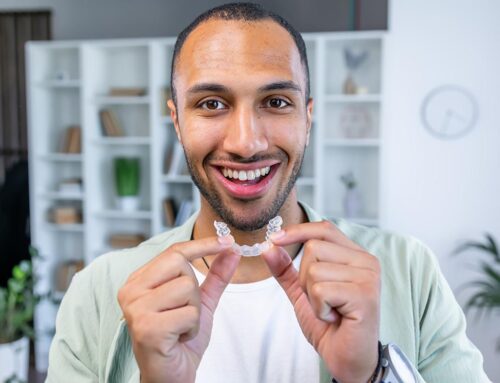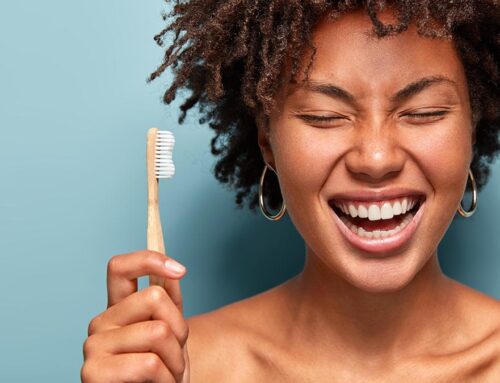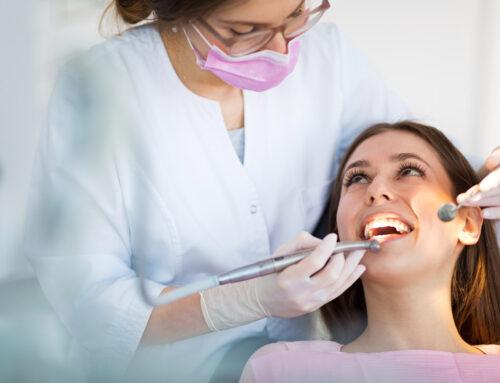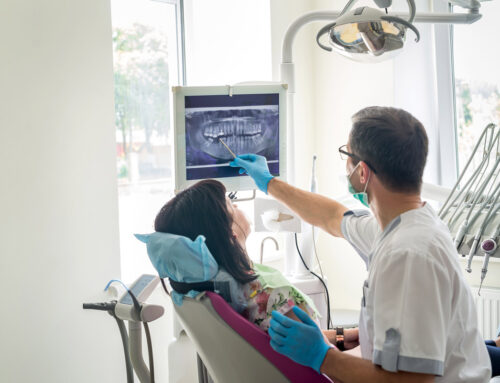Brushing your teeth when you have braces is more important than ever. You’ll find that braces mean that there are many more places where food can get stuck, and it’s important that you take the extra time it takes to keep your teeth and your braces clean. rnrn[sub_title]What Kind of Brush Should I Use?[/sub_title]rnrnYou’ll want to use a toothbrush with soft bristles, and you’ll want to brush after every meal. Did you know that you can also use an electric toothbrush? Just make sure it has a soft head, and make sure that you proceed slowly and carefully. rnrnAlthough it goes without saying, before you even start brushing, though, you will want to make sure you have removed any elastics or other removable parts, if you have them. rnrnYou’ll want to brush your teeth after each and every meal, and you’ll want to brush one tooth at a time. Take about 5-10 seconds to brush the front and then the back of the tooth. Some teeth will take longer than others, but you want to make sure they sparkle after brushing. It takes a lot longer to brush your teeth with braces, you’ll find, so make sure you account for this in your morning, evening, and after lunch routines. rnrnRemember to replace your toothbrush every three months, just as you would do if you didn’t have the braces!rnrn[sub_title]How About Flossing?[/sub_title]rnrnAfter brushing, be sure to floss daily. Your orthodontist likely has provided you with some special tools to make flossing easier, such as a floss threader. These tools can help you clean between your teeth and your gums. You may feel that oral hygiene takes a lot more time and effort with braces, which is true. However, don’t skip flossing! Floss once a day to guarantee tooth and gum health, and to avoid bad breath. rn




